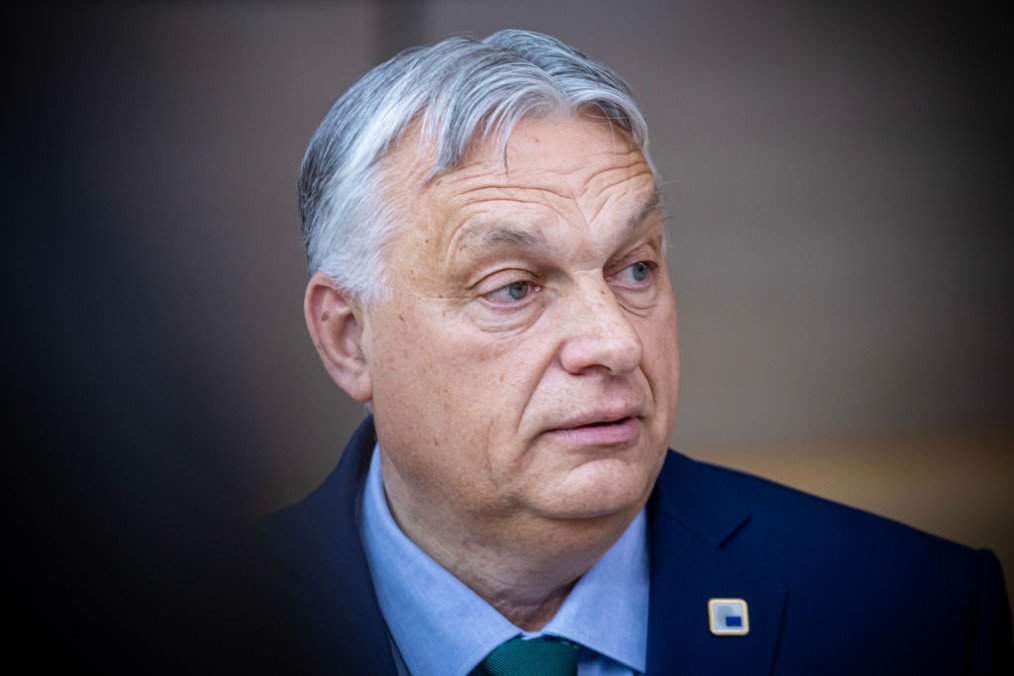European Union foreign ministers are considering penalizing Hungary for its independent and uncoordinated foreign policy activities by boycotting a foreign ministers summit in Budapest. Instead, they plan to organize their own meeting on the same dates, August 28-29.
Hungary, which currently holds the rotating presidency of the Council of the EU, intended to host the foreign affairs summit as a key opportunity for Prime Minister Viktor Orbán to influence the EU’s foreign policy agenda. It would also serve as a platform for Foreign Affairs Minister Péter Szijjártó to gain prominence.
However, Orbán’s recent actions, including obstructing aid to Ukraine and conducting uncoordinated visits to Vladimir Putin and Xi Jinping, have led many EU foreign ministers to seek a way to avoid what they see as another Orbán propaganda event.
High Representative of the Union for Foreign Affairs and Security Policy Josep Borrell is expected to call the ministers to a “formal” foreign affairs council meeting at the same time as Orbán’s summit. This move, confirmed by three EU diplomats who spoke on condition of anonymity, follows criticism of Hungary’s EU envoy, Bálint Ódor, at a recent meeting.
The ministers hope that by boycotting Hungary’s summit, they can limit what they view as Hungary’s disruptive tactics. “If there’s a formal foreign affairs council organized by the high representative the same day, the ministers won’t be able to go to Budapest,” said one diplomat. Another added that this action would “send a clear signal that Hungary does not speak for the EU.”
One diplomat jokingly remarked that it would be “very unfortunate” if their country couldn’t attend Orbán’s event due to a counter-meeting organized by Borrell.
The plan has already been informally discussed with several EU countries, including France and Germany. Borrell’s team is expected to present the plan to the EU’s 27 permanent representatives soon.
On July 2, Viktor Orbán visited Kyiv for the first time since Hungary assumed the presidency of the EU Council. Following this, he traveled to Moscow to meet with Russian Vladimir Putin, describing his visit to Russia as a “peacemaking” mission. The Ministry of Foreign Affairs of Ukraine issued a statement emphasizing that the decision to make this trip was made by the Hungarian side without agreement or coordination with Ukraine.
-ba02b3bc86f0b624f99115809a6a34d0.jpg)




-111f0e5095e02c02446ffed57bfb0ab1.jpeg)

-c439b7bd9030ecf9d5a4287dc361ba31.jpg)

